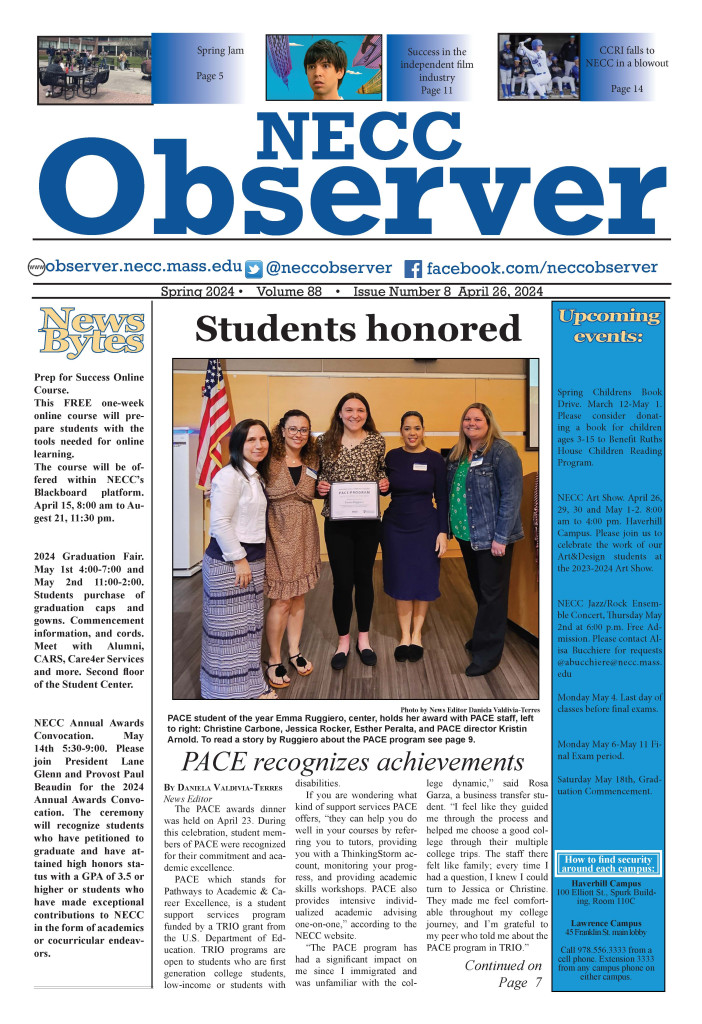By Duane Sherman
On Nov. 6, 2012, the voters of Massachusetts approved the legal use of medicinal marijuana, yet there still is not one dispensary open. Why?
Question 3 passed with 63 percent approval. On Jan. 1, 2013, the law took effect, eliminating criminal and civil penalties for the possession and use of up to a 60-day supply of marijuana, provided that the patient possesses a state issued registration card. The card is obtained through a recommendation from a doctor. A total of 35 state licensed dispensaries are scheduled to open in the Commonwealth after the regulations have been set.
Therein lies the problem: bureaucracy. The regulatory meetings have been postponed and rescheduled. The original target date was May 1, 2013.
Many communities have tried to ban the dispensaries. These oppositions took time to sort out, with Attorney General Martha Coakley ruling in favor of the dispensaries, allowing cities and towns to regulate them. An outright ban would be in direct conflict with the new law.
Although some states are now allowing both medicinal and recreational use of the plant freely, it still is an illegal substance in the eyes of the federal government.
This discourages many banks and other financial institutions from getting involved with a company that produces marijuana or sells it from a dispensary.
Even the local medical community is split. You can get a registration card on Newbury Street in Boston, but finding one on the North Shore is tough.
“North Shore Physicians’ Group has decided as a whole not get involved with medical marijuana. We will not provide any paperwork,” said Dr. John Trautman of Beverly, a member of the group.
So not everybody is on the bandwagon. The Massachusetts Medical Society still maintains that there is no proof that the use of marijuana is safe and effective.
Perhaps the bandwagon should make another pass through. According to Time.com, a recent study from the University of Colorado Anschutz Medical Campus seeks to show that a strain of marijuana called ‘Charlotte’s Web’ is an effective treatment for Dravet Syndrome, a type of epilepsy.
The study follows an apparently successful use of this strain to treat Dravet Syndrome.
Some think that having no dispensaries open in Mass., is not good.
“I’ve done a lot of reading about it and it all keeps coming down to bureaucracy. They make it seem like policy is being held up,” says NECC sophomore Tim Lavin, 21, of Methuen.
Lavin is educated in the potential healing powers of CBD, and well versed on the subject of the healing properties of the plant. “I believe in the science of it,” said Lavin. “There is no reason why an 80-year-old cancer patient can’t get what they need.”
Lavin says, “In the marijuana trade, it all comes down to economics. You can’t understand it if you don’t understand economics.”
The decriminalization in Mass., back in 2008, coupled with the passage of medicinal use, has left it in a sort of gray area, as far as citations. The law says that the user can have up to one ounce and only receive a ticket for $100.
Shortly after the election and passage of the law, it seemed like every convenience store and gas station suddenly had a supply of bongs, hookahs and pipes for sale. How could they be prepared, but still no dispensary anywhere?
According to Marijuana Policy Project’s website, “Although the Department of Public Health failed to meet its deadlines for implementing the law, patients have been able to apply for ID cards since October 2014. The registration is mandatory. Unregistered patients will not have any protection from arrest beginning on Feb. 1, 2015.”

